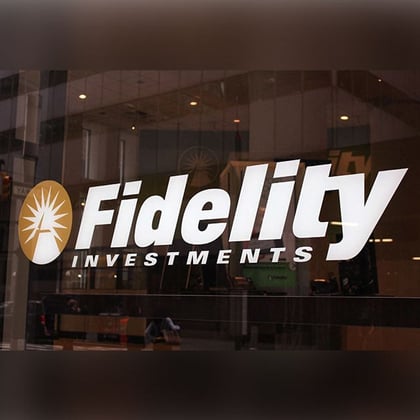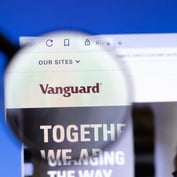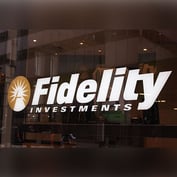What You Need to Know
- The minimum investment for Fidelity Managed FidFolios is $5,000; the fee is 0.40%.
- Managed FidFolios will initially offer three strategies: large-cap index, international index and environmental focus.
- The product is in pilot but is expected to launch in the coming months.
Direct indexing is going mainstream, with Fidelity Investments leading the way.
The financial giant, which oversees over $11 trillion in assets, has filed with the Securities and Exchange Commission to offer a direct indexing product with a $5,000 minimum investment.
The product, called Fidelity Managed FidFolios, is in pilot but is expected to be available to all investors “in the coming months,” according to a spokesman.
The product will initially offer three different strategies — U.S. Large Cap Index, International Index and Environmental Focus — that investors can customize, with some limitations, by removing individual stocks or industries from these indexes. The fee is 40 basis points.
“The Program is designed for clients who seek a personalized and professionally managed stock portfolio facilitated by a digital experience,” according to the SEC filing.
Direct indexing involves buying the individual stocks that make up an index, adjusting their weights or eliminating some to align with investors’ preferences. The strategy also makes it easier for investors to harvest tax losses that can offset capital gains.
The Fidelity Managed FidFolios combines direct indexing with fractional share trading, which allows clients to allocate assets among multiple positions based on dollar amount rather than share size, according to the SEC filing.
”This is the most mainstream form of direct indexing from a most mainline asset management and provider of investor services seen to date,” said Ben Johnson, director of global exchange-traded fund research for Morningstar, adding that the $5,000 minimum is the “lowest entry point” he’s heard of for a direct indexing product.
The 0.40% fee, though competitive, is a “pretty high hurdle” for investors who can already build low-cost portfolios of mutual funds or ETFs for a fraction of the cost, Johnson said. (Fidelity itself offers several zero-fee index mutual funds.)








 January 20, 2022 at 02:04 PM
January 20, 2022 at 02:04 PM












 Copyright © 2024 ALM Global, LLC. All Rights Reserved.
Copyright © 2024 ALM Global, LLC. All Rights Reserved.